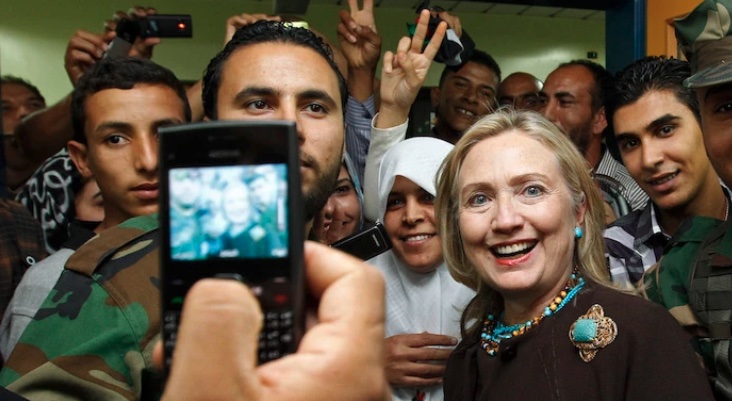The aftermath of the recent Wadi Derna flood in Libya
Language matters. If we talk only about “global warming” or “climate change”, those terms don’t convey anything like the scale of the devastation that the climate crisis is already inflicting on humankind. So let’s call it what it is: A very present climate crisis.
Figuring out how to respond to this crisis is made many times harder by the fact that it is closely entwined with crises of governance collapse at many levels around the world.
The most impactful level of entwinement has long been the global. Global discord and the often-blind selfishness of the leaders of rich countries mean that these countries still continue to pump greenhouse gases (GHGs) into the atmosphere at a rate that guarantees there is no prospect that worldwide GHG emissions—and therefore global heating—will be ended within the next 25 years.
The assessments that will be presented to next week’s meeting in New York on the UN’s Sustainable development Goals (SDG’s) are bleak, indeed.
The pace of global warming (heating) has accelerated visibly in recent years. But it’s been underway for several decades already, with effects such as the melting of ice-packs worldwide, desertification of land-masses, heating of seas and the exacerbation of hurricanes and other dire weather events becoming increasingly evident in many parts of the world.
Continue reading “Polycrisis: Climate crisis entwined with governance crises”

